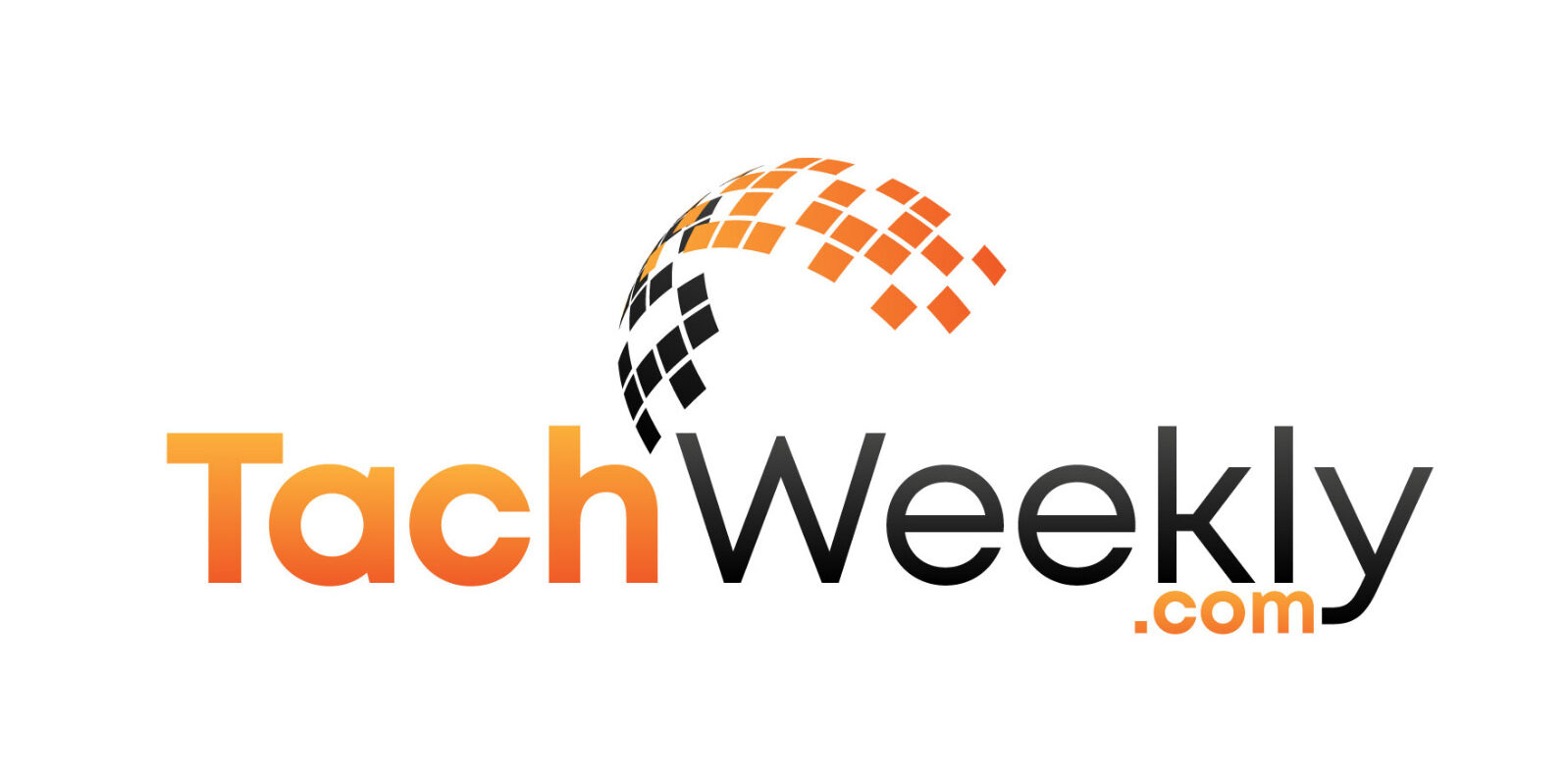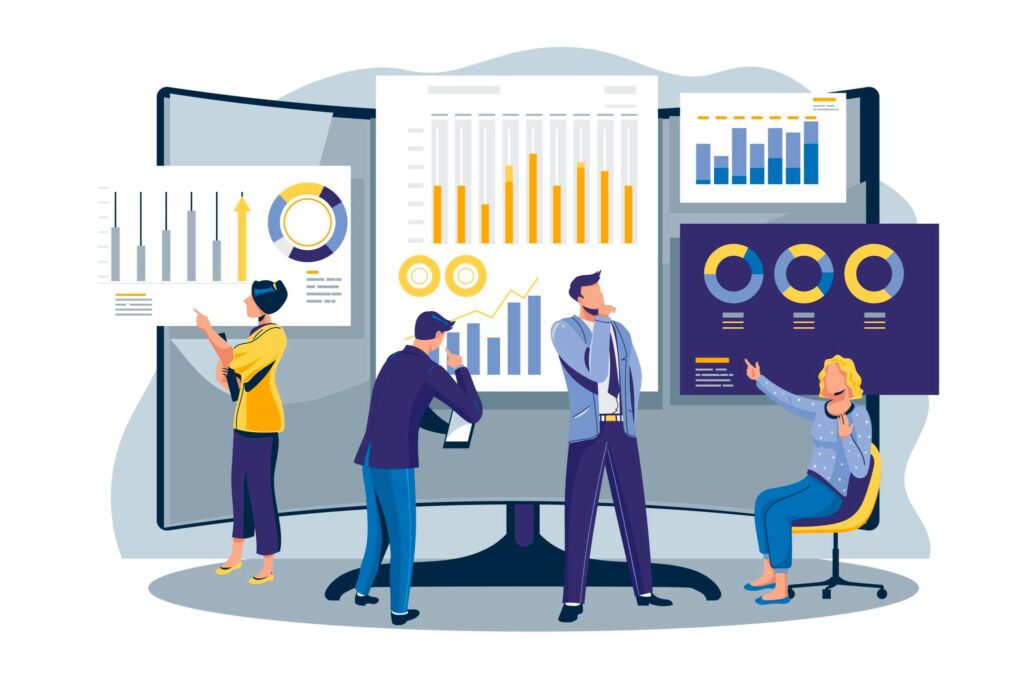Vendor due diligence isn’t just important rather it’s crucial to ensure the survival of your organization from significant threats. Imagine collaborating with a vendor whose financials are at the precipice of the collapse embroiled in legal scandals, and having weak cybersecurity measures, putting your organization at risk. The significance of effective vendor due diligence can’t be overlooked particularly in the increasingly complex and interconnected business prospects. To safeguard the integrity of your organization. It’s crucial to thoroughly evaluate the legal compliance, financial stability, data security measures, reputational image, and ethical practices, evading the risks associated with third-party vendors.
What is Vendor Due Diligence: A Strategic Imperative for Organizations
Talking about the strategic process refers to thoroughly understanding the vendor and accurately assessing their potential risks before initiating a business relationship. To meet financial stability, ensure regulatory compliance, and preserve reputational integrity, organizations must thoroughly evaluate. The potential and existing vendors, safeguard the organizations’ resources and influence. The primary purpose of establishing a due diligence checklist is to ensure that services and products are delivered without posing threats to organizations.
The bottom line of Due Diligence Checklist
Vendor due diligence is incumbent for organizations to protect their influence and resources. It’s a regulatory requirement mandating organizations to know who their vendors are to avoid future consequences.
Financial Stability
To ensure whether the potential vendor possesses the capability to meet contractual obligations and sustain business operations, organizations must evaluate the financial stability of the vendor. Gauging the debt and credit scores of the vendor offers insights into the financial credibility of the vendors and understanding the ways the vendors adopt to manage such dealings.
Operational Competence
To ensure effective service delivery and preserve client trust, organizations must ensure that vendors have robust tools and infrastructure in place to efficiently meet the requisites. Conducting a thorough investigation of the vendor’s supply chain management and business continuity plans plays a critical role in providing insights into the operational efficiency of the vendors and validates the safety of continuing with the particular vendor.
Legal Compliance
It’s more paramount to validate whether the vendor adheres to the regulatory requirements and standards, accentuating the credibility of the third-party vendors. Organizations must vindicate the legal compliance of the vendor by going through. The past or ongoing legal proceedings are just in case to assess the potential threats and future consequences of collaborating with vendors that have litigating history.
Cybersecurity Measures
The technological developments have streamlined many life aspects, but they have also posed serious risks to data privacy and security. Robust tools and measures are substantially implemented to secure confidential data against hacking or breaches. To secure clients and organizations’ assets and confidential information, it’s crucial to validate that the potential or existing vendors have significant measures in place to manage breaching risks. Vendors must also have established data protection policies and procedures to ensure regulatory compliance and manage potential threats.
Business Ethics
One of the crucial aspects of the enhanced due diligence checklist is to evaluate the ethical practices implemented by vendors and what measures are taken to preserve environmental sustainability. There must be fair labor policies, treating each employee with rightness without any biases or discrimination, offering fair wages and a safe working environment.
Market Standing
Evaluating and exploring the vendor’s standing in the market by inspecting through online reviews or news could provide valuable insights. Furthermore, it helps organizations to better understand where the vendor stands. What could be the potential benefits of collaborating with influential vendors?
Read Also: Is Australia a Heaven for Money Laundering?
Significance of Robust Vendor Due Diligence
Incorporating effective vendor due diligence services aids organizations in knowing. Who the vendors are and where they are lying in the market standards. It’s not just a regulatory requirement but also helps organizations to stay ahead of upcoming threats. Here are a few reasons that showcase the importance of incorporating a vendor due diligence checklist.
- Regulatory bodies globally require business and service providers to validate. The credibility of their vendors to stay clear and avoid future consequences. The scrutiny of the vendors includes the evaluation of financial stability, regulatory compliance, and ethical practices.
- Most significantly, vendor due diligence facilitates businesses to completely understand. The behavior and operational efficiency of third-party vendors and assess the possible risks. This robust risk assessment is crucial to timely mitigate the threats and manage incidents before they escalate.
Final Thoughts
As discussed earlier, to conduct efficient due diligence, businesses. Must adopt standardized processes or checklists to consistently evaluate the vendors, keeping track of emerging risks. Furthermore, the implementation of vendor due diligence services and advanced technology co


